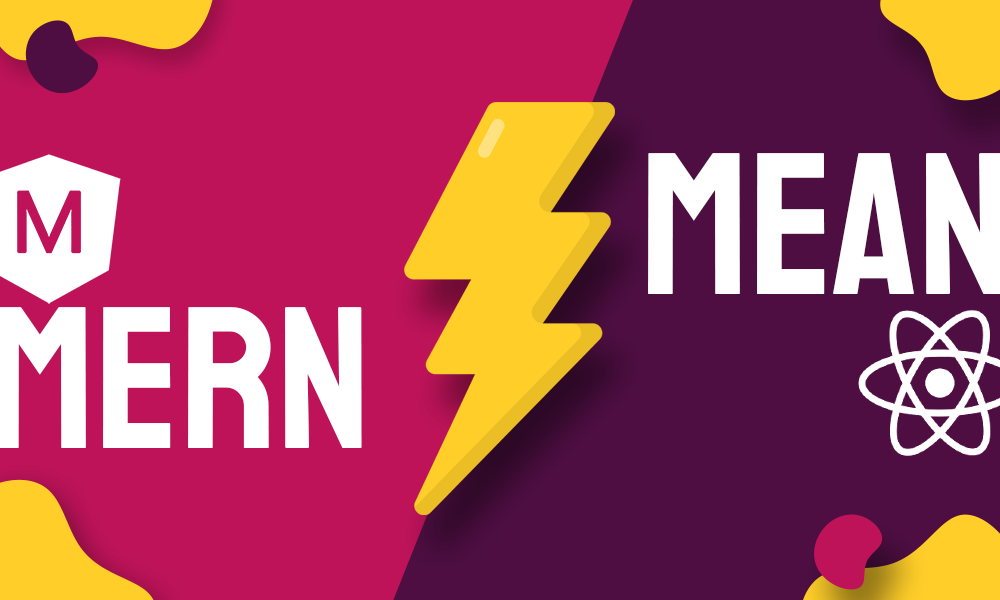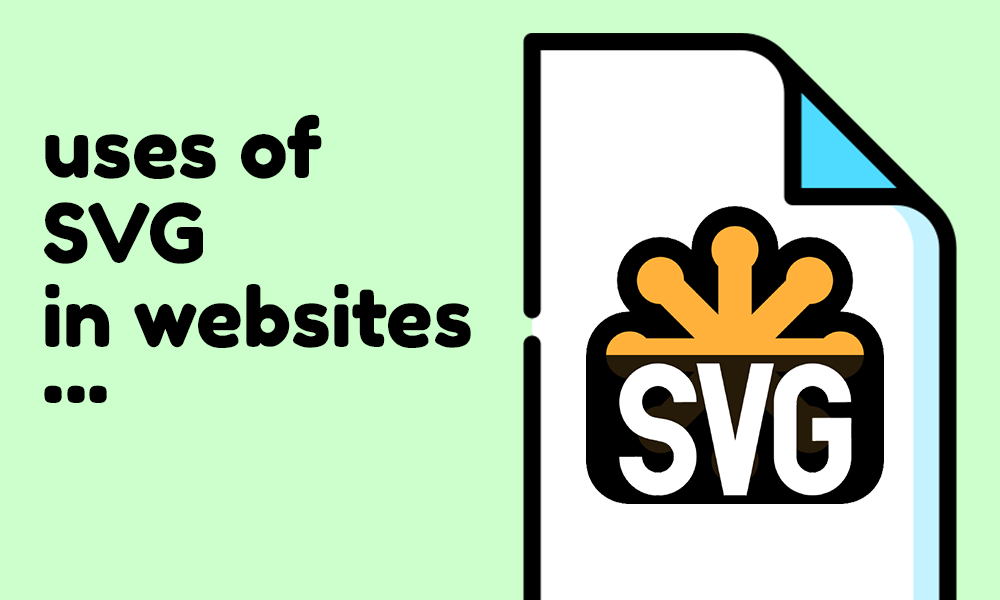What is MEAN Stack?
MEAN is a JavaScript based open-source web application development framework. It consists of MongoDB, Express, Angular, and Node.js. This framework enables the development of dynamic websites and mobile apps by using scalable data management, flexible modeling of application architecture, and a shared codebase for different types of applications.
MEAN is not only a Web development framework but it can be used as a mobile app development framework as well. The reason behind this is that there are other frameworks available for mobile app development like PhoneGap or other Cordova frameworks which can be added to MEAN for building mobile apps.
Benefits of using MEAN Stack?
- MEAN Stack is an open-source JavaScript-based web development stack created with the aim of tackling the complexity of full-stack development and it offers a 40% faster web development process.
- It consists of MongoDB (database), Express (Web Server Framework), AngularJS (single-page application framework), and Node.js (JavaScript server).
- The MEAN Stack is a high performing, scalable and lightweight set of tools that can be used to rapidly develop any type of application. It is the most popular technology stack for creating backends for Web Applications.
- MEAN stack is a full-stack web development framework. It uses MongoDB as a database, Express as a server-side web framework, Angular as the client-side framework and Node.js as the runtime environment. You can start this stack from scratch or use it as a base to build your own applications.
- It has a simple architecture which offers the ease of app development. It also provides easy connectivity to other tools that are cloud-based.
- One of the great benefits of using MEAN is that it provides powerful tools to create both front-end and back-end applications.
- Another great benefit of MEAN is that you can use any number of programming languages on the front end and back end, depending on what you are working on at the time. That will let you focus on one language at a time without having to learn everything else in coding languages.
What is MERN Stack?
MERN stands for MongoDB, Express, React and Node.js. It is a JavaScript library that is open source and free to use. MERN was created as a boilerplate for those who want to create an API-driven single page application quickly. Combined with React for the front-end, you’ll have a powerful set of technologies to explore and build your next app or site with.
Benefits of using MERN Stack?
- MERN is a collection of technologies that make up the building blocks of a modern web app. Using MERN stack, developers can build scalable, high-availability and fast applications with JavaScript on the backend.
- MERN is an acronym for M ongoDB, E xtreme R eal-time N etwork (XRN), ReactJS and NodeJS. MongoDB is a cross-platform document database that stores JSON documents rather than relational data. XRN is an open source library to build real time apps in Node.js. ReactJS is an open source JavaScript library to build user interfaces based on data flow without any DOM manipulations or boilerplate code while Node JS is a cross-platform runtime environment for developing server side web applications in JavaScript.
- MERN stack is designed for fast prototyping and scalability on the back end, but lacks some features on the front end that are not necessary until you scale up your application more than just a prototype on your laptop or desktop computer.
- It reduces the complexity of building a web application because it integrates these four frameworks in one place.
- It creates an architecture where the codebase is well organized and easy to read.
- It enables developers to build RESTful APIs to serve data from external services in JSON format.
Does Angular, React, and Vue play’s similar role in coding?
Angular is a JavaScript framework. It’s an open-source framework maintained by Google, and it’s also considered to be one of the most popular frameworks out there. It was originally built with the purpose of providing hyper-fast web applications for desktop and mobile, but it can also be used for building single page applications. The problem with Angular is that it’s heavily dependent on TypeScript.
React is also an open source JavaScript library that was created by Facebook engineers in 2013. The main idea behind React was to create a library that would not only offer flexibility but would also simplify the process of creating large apps with many components on both desktop and mobile devices. It’s much more focused on performance than Angular, which makes it an excellent choice for mobile devices in particular.
Vue.js is a newer JavaScript framework, which means it can be used for simple dashboards and progressive web apps. Angular is considered to be an older framework, but it is still reliable for large applications. React is an open-source JavaScript library that focuses on the user interface.
This question is difficult to answer. It’s more of a personal preference. You can use one or the other and be successful as a developer. Angular has been around longer and is thus more mature, but React has become increasingly popular in recent years because it is meant to be easier for those new to JavaScript. Vue was created as an alternative to Angular and React because it is lightweight and extensible, which makes it an attractive option for developers that want to spend less time coding.
Which is better MEAN or MERN?
As a developer, it is beneficial to be able to code in a variety of languages. These days, you can code in Python, Java, C++ and many more. But one of the most popular languages for programming these days is JavaScript.
I my knowledge I would prefer MEAN because it is more popular and has a larger community that shares their knowledge with others. If you do not have coding experience already, MEAN might be the better option for you as well simply because it will take less time to learn and will allow you to set up your own server or web applications without having to know much about the backend. However, if you have experience with other programming languages that are similar like Java or Python
Both MEAN and MERN have their own sets of pros and cons depending on what type of project you’re working on but what really matters is understanding your requirements before choosing one over the other!




